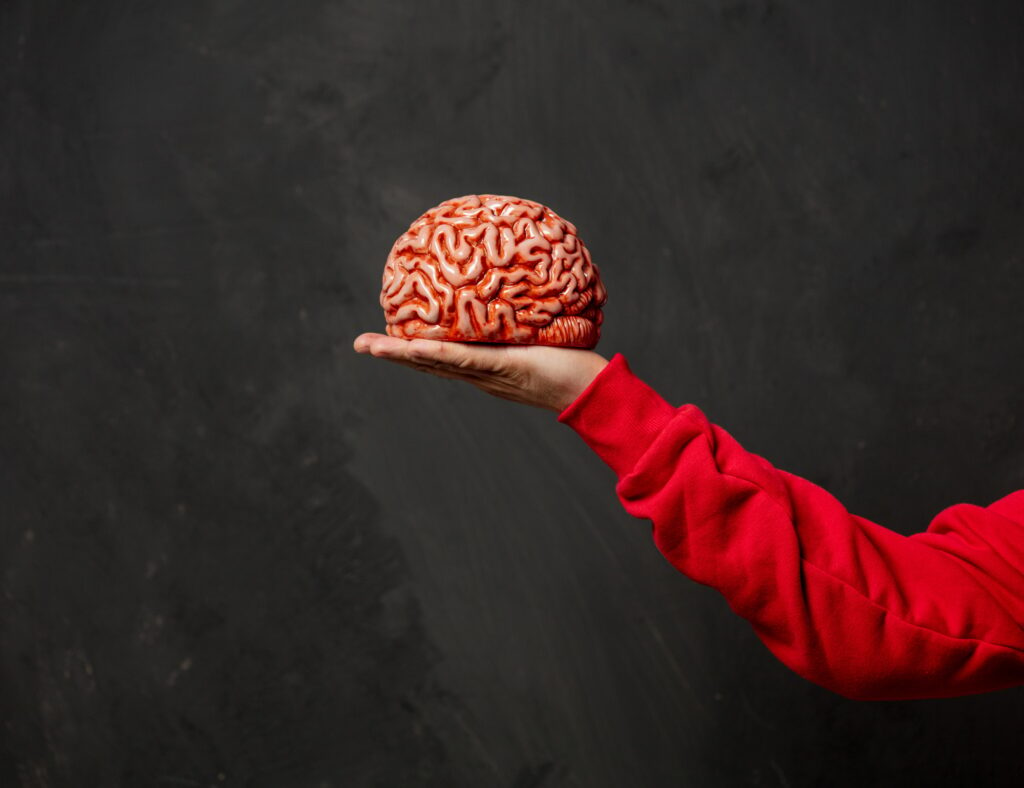What is Acquired Brain Inquiry and TBI?
Acquired brain injury (ABI) is an umbrella term used for all brain injuries that involve injury to the brain that occurs after birth. Traumatic brain injury (TBI), a subset of ABI, is caused by trauma to the brain that results in mild to severe consequences and is the leading cause of disability worldwide.
In Canada, about 2% of the population lives with TBI, and there are 18,000 individuals hospitalized for TBI each year (Brown, 2021). Individuals with ABI often suffer from many mental health issues due to the complexity and seriousness of the life-changing event.
How are individuals supported?
The results of ABI can change how the brain functions entirely. A moderate to severe ABI can have tremendous lifelong consequences for survivors and their families. With this, due to the magnitude of the consequences, ABI survivors require a multidisciplinary team that assist with the individual’s physical, cognitive, and emotional impairments. These disciplines include: nursing care, physiotherapy, speech and language therapy, social work, clinical psychology, and/or psychotherapy.
Why is psychotherapy so essential for support?
A Psychotherapist can bring a unique and valuable aspect of care to individuals affected by ABI which include:
Implementing a practical approach, focusing on the uniqueness of the individual
Providing new learning experiences for ABI survivors, allowing for further neurorehabilitation progress.
Expanding awareness of the individual’s impairments.
Assisting in transitional changes.
Supporting and assisting family members affected.
What are some areas psychotherapy can assist with?
Studies point out that psychosocial problems can be a major challenge for people with ABI, both during and after their rehabilitation process. The most common problem often are anxiety, depression, PTSD, and a slew of emotional changes, which survivors and their families often refer to as personality changes.
If you or someone you know is struggling with ABI or TBI, reaching out to a psychotherapist would be valuable to aid their recovery. Contact us today to start the process!

References:
Brown, H. (2021, April 13). Traumatic brain injury and perinatal mental illness. Canadian Perinatal Mental Health Collectif
Canadien Pour La Sante Mentale Perinatale. Retrieved January 22, 2023, from https://cpmhc.ca/1713-2/



